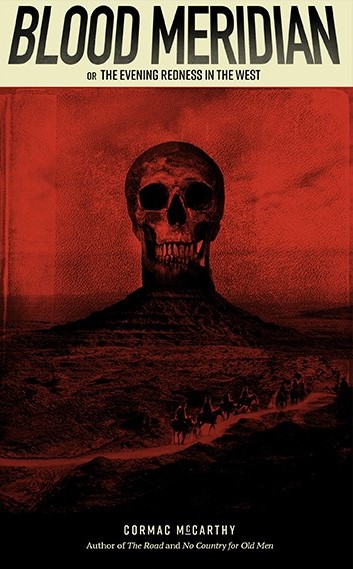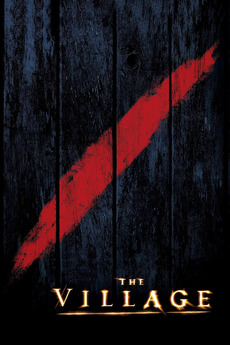
Author: Cormac McCarthy
Genre(s): Western, Horror, Grimdark
Page Count: 351
Release Date: 1985
It’s easy to romanticize the past but impossible to comprehend the horrors contained within. Cormac McCarthy’s “Blood Meridian: Or The Evening Redness In The West” is a Western epic that rejects the romanticization of the Wild West as it tracks the exploits of a group of scalp hunters and their rapid descent into sadistic savagery. It is grueling in nearly every sense of the word; readers will be bombarded with accounts of violence and indecency from the first to the last page—all described in McCarthy’s surreal and unrelenting prose. It ultimately asks what it means to be human and gives an answer that readers should reject with their very souls.
“Blood Meridian” is loosely based on the exploits of the Glanton Gang. Led by John Glanton and Judge Holden, the Glanton Gang is tasked by Mexican authorities with procuring the scalps of Apache Native Americans, and what ensues is a massacre that spans North and South America. Readers are quickly acquainted with the product of a civilization that incentivizes indiscriminate violence.
The story is told through the eyes of The Kid, yet readers who disregard the ensemble of the Glanton Gang will be doing themselves a disservice. Every character’s dialogue and actions give insight into the book’s broader themes, and treating them as anything other than crucial to understanding this work will be a disservice to yourself. McCarthy puts no words to waste as he elegantly describes landscapes, actions and conversations at a breakneck pace, resulting in a brutally dense product. This density is compounded by McCarthy’s lack of punctuation and use of obscure and foreign language. It will consistently immerse readers and wretch them out of the story and into a dictionary.
If McCarthy’s complex language doesn’t make readers falter, his descriptions of violence likely will. He describes the death of children and animals with the same intensity as hellish desert landscapes, which will likely keep some from completing their journey. Readers uncomfortable with detailed descriptions of violence will probably be better off leaving this book on the shelf.
“Blood Meridian’s” density and violence aren’t for naught, though the subject matter demands it. I recommend this work based on its beautiful prose and portrayal of the violence of the Wild West that is often overlooked. Yet, I can’t say that readers will enjoy this book. In fact, you shouldn’t enjoy it. It is a brutally fatiguing story that carries the reader through a nightmarish landscape of death and brutality, all the while questioning the value of life in a society fueled by bloodshed. By the end of The Kid’s journey, it provides an answer:
There is none.






